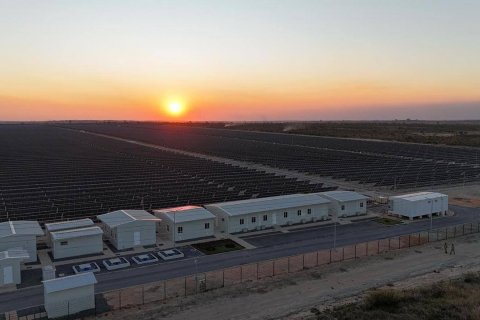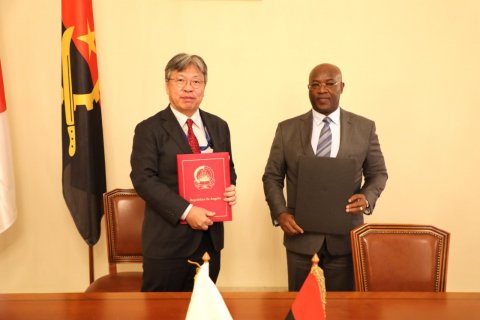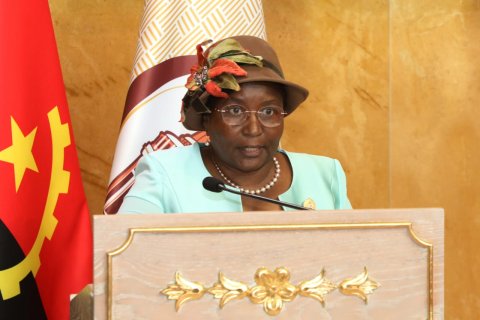Manuel Azevedo spoke to Lusa about the new increase in fuel prices, which has been in force since this Friday, the second increase this year, which has increased the price of a litre of diesel from 300 kwanzas to 400 kwanzas.
The association leader recalled that industrial fishing already buys fuel at the real price, while the semi-industrial and artisanal fishing segments buy it at the price charged at the pumps, which is still subsidised. With the end of the subsidies, he believes that there will be a reduction in profits for these two segments, but also greater balance in the sector.
"They [semi-industrial and artisanal] adjust the real price of fish in line with industrial fishing (...) and they had excess profits", he stressed, adding that, with these changes, "economic and social justice" begins to exist.
For Manuel Azevedo, "this policy for a segment is important" and reflects APASIL's fight in recent times for "equity".
According to the association leader, "the increase in fuel prices always has an impact on the costs of carrying out this activity of around 60 percent, 70 percent and 80 percent".
Even so, he assured that operations will continue, even if the increase implies adjustments in the final price of the fish.
"Whenever this happens, we make adjustments accordingly, that is, if the Government increases the price by 100 percent, we adjust it by 50 percent, if it increases it by 50 percent, we adjust it by 25 percent", he explained.
According to the Petroleum Derivatives Regulatory Institute (IRDP), the prices of the remaining products under fixed price regimes — namely gasoline, lighting oil and liquefied petroleum gas — remain unchanged.
The evolution of diesel and gasoline prices in Angola since the gradual withdrawal of fuel subsidies in 2023 reflects a progressive adjustment process implemented by the Government, with the aim of aligning prices with market values by the end of 2025.
Since June 2023, the price of gasoline has risen from 160 kwanzas to 300 kwanzas, an increase of 87.5 percent. Diesel has risen from 135 kwanzas to 400 kwanzas, or more than 120 percent cumulatively.
This year alone, diesel has risen 50 percent in March, from 200 to 300 kwanzas per litre, and is now recording a further increase of 100 kwanzas per litre.
In 2022, fuel subsidies totalled 1.98 trillion kwanzas, with the Government expecting annual savings of around 400 billion kwanzas with their elimination, which is expected to occur by the end of 2025.
The subsidy withdrawal policy aims to reduce the burden of public spending and redirect resources to sectors considered to be priorities, such as health and education.







